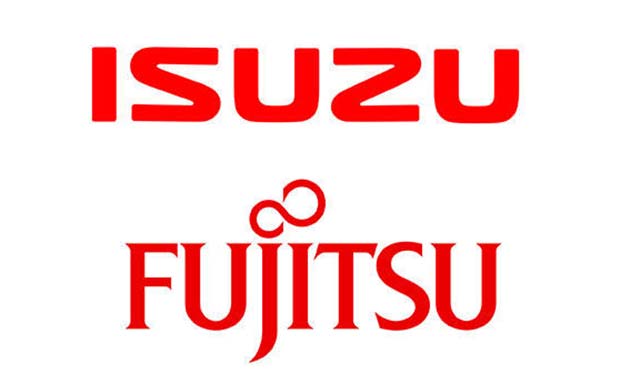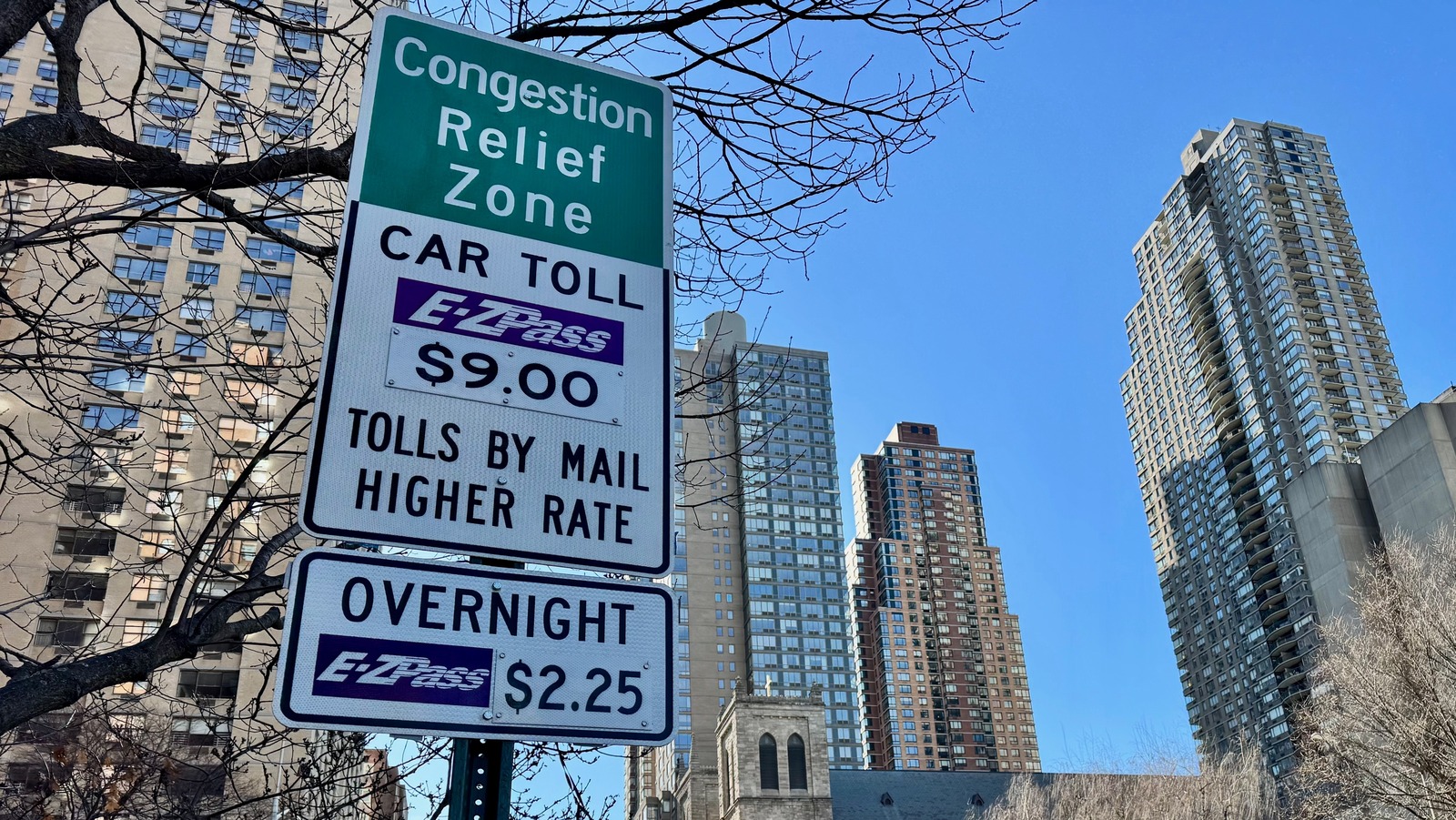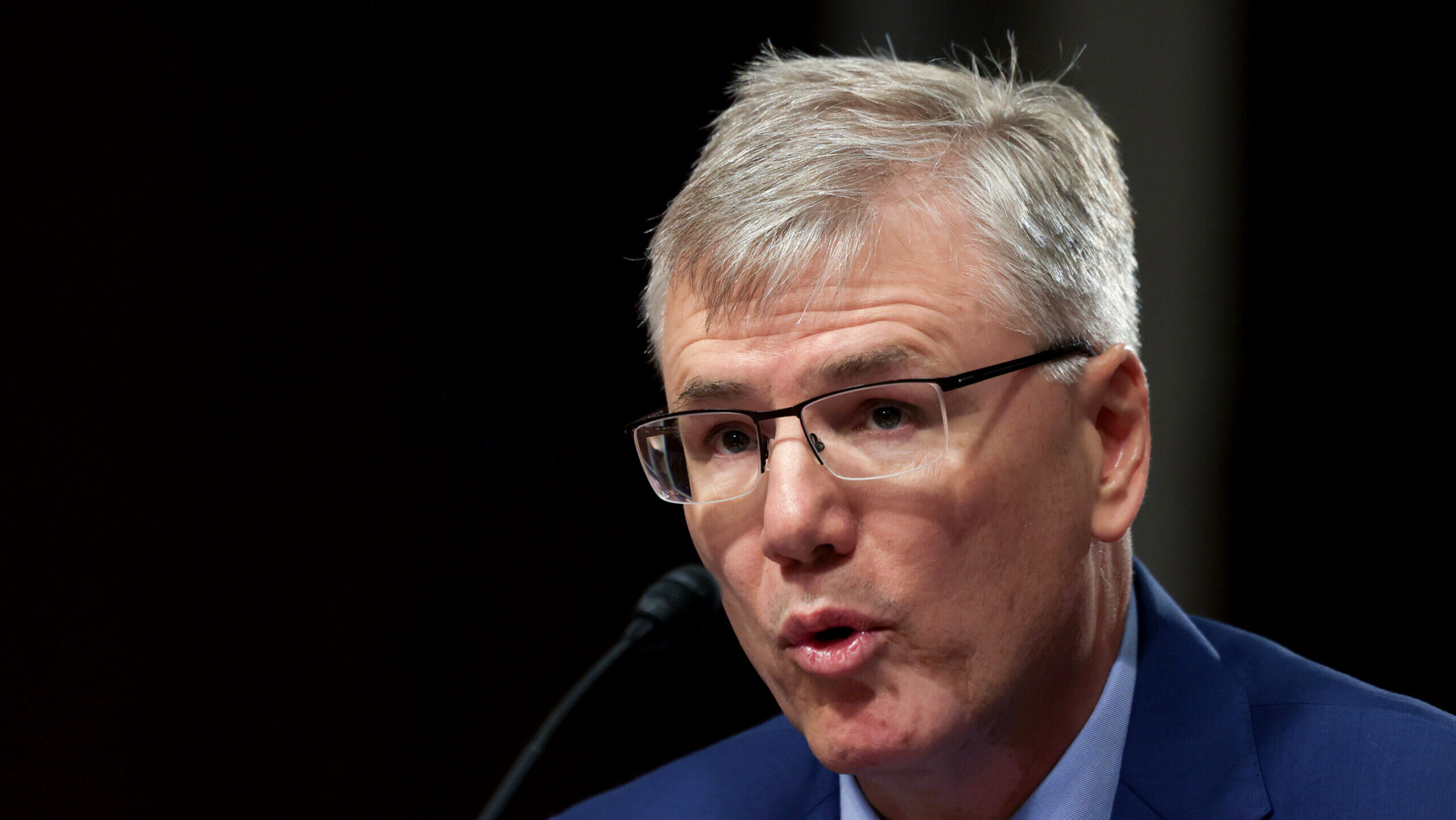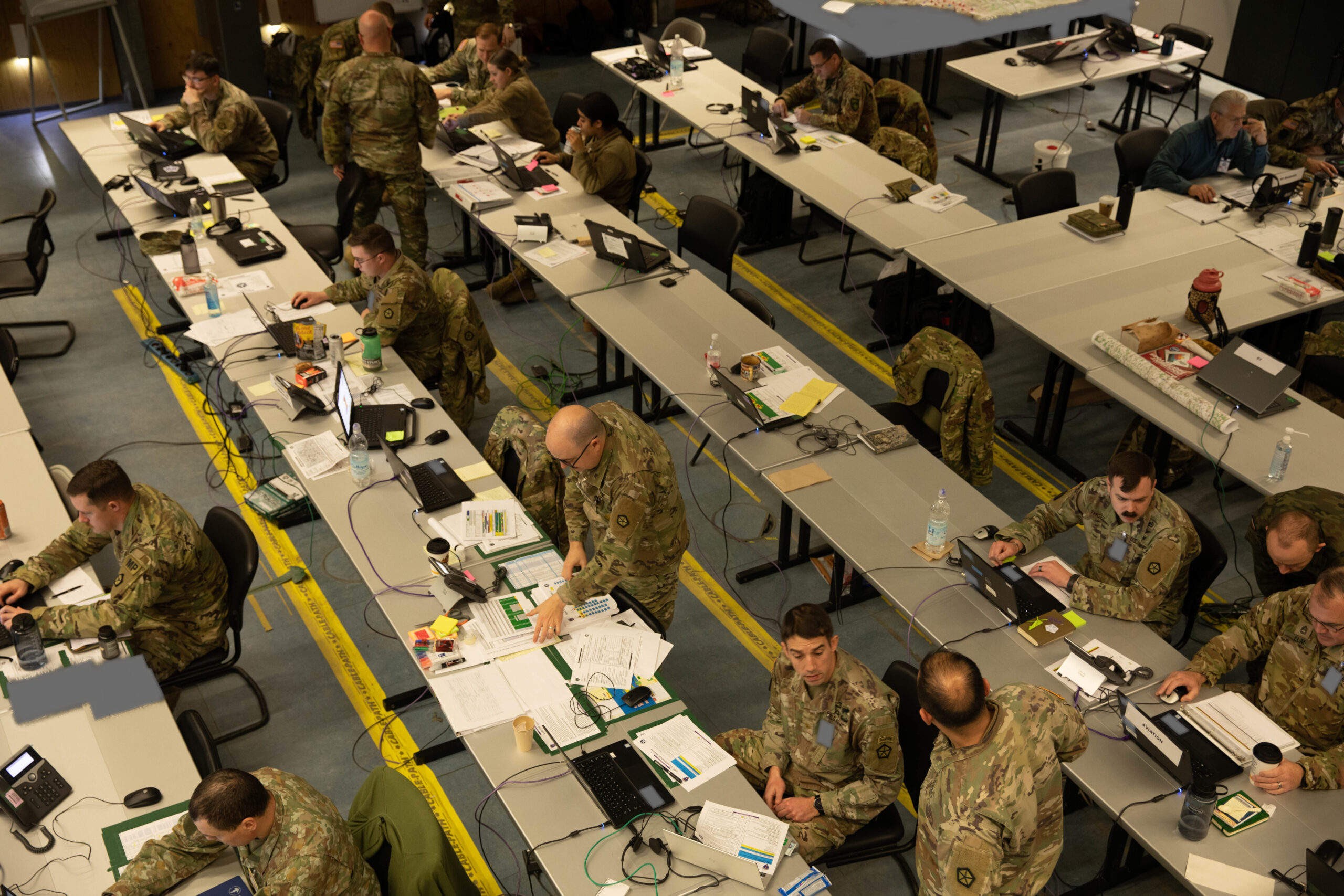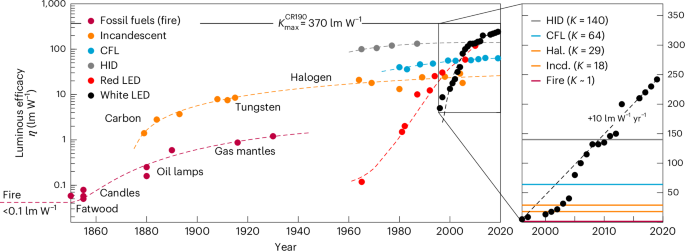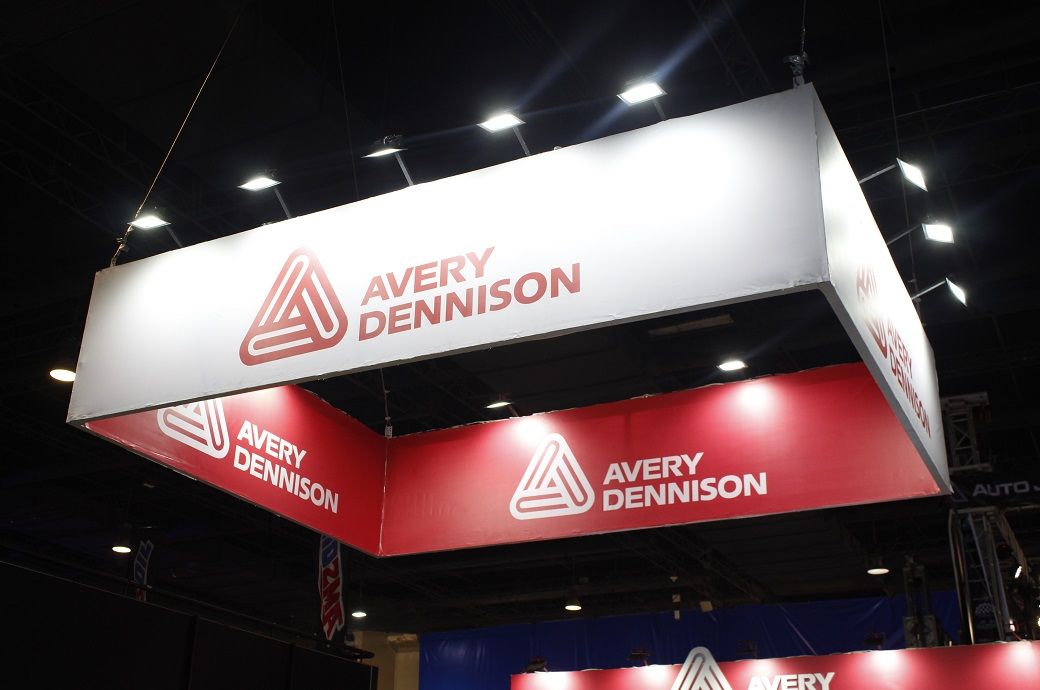TFI’s Bedard upbeat on revamped US LTL operations even as numbers sink
Despite numbers that continue to sink, TFI CEO Alain Bedard was mostly positive about the outlook for TForce. The post TFI’s Bedard upbeat on revamped US LTL operations even as numbers sink appeared first on FreightWaves.

(For a recap of TFI International’s core financial reporting from Wednesday, see this First look article.)
It may come as a surprise that TFI International CEO Alain Bedard was reasonably cheerful Thursday about 2025’s first quarter.
TFI had posted weak quarterly earnings a day earlier, there was a slide in the company’s stock price – about 40% in a year and just a little less than that over the past three months – and previous quarterly earnings calls have been laments about performance.
But Bedard noted there have been several changes in management in the U.S. LTL group and said, “I feel pretty good about where we’re going.”
Although truckload operations at Quebec-based TFI (NYSE: TFII) have been growing as a percentage of total revenue, primarily because of last year’s acquisition of flatbed operator Daseke, the focus on the earnings call Thursday and in recent quarters remains on its LTL operations. Specifically, the primary point of discussion is the U.S. operations that are primarily the legacy business of UPS Freight, which TFI bought in 2021.
The U.S. LTL group in the first quarter posted an operating ratio of 98.9%, deteriorating from 92.6% in the corresponding quarter a year earlier. It was 97.3% in the fourth quarter.
Bedard in earlier calls has said things such as “We’re too fat” or described some practices in the U.S. LTL group as “stupid.” But he was decidedly more positive Thursday, despite the weak performance of the group and the company’s decline in profitability that has stretched out over several quarters.
“The morale in the group has never been so good,” Bedard said. “The guys are working hard.”
Negative outlook at Merrill
Ken Hoexter at Bank of America Merrill Lynch took a different perspective, calling the U.S. results a “meltdown.”
He noted in a report released prior to the call that tons per day in U.S. LTL were down 4% year on year – he had expected a 2.5% decline – and that they were down sequentially from negative 3% in the fourth quarter of 2024.
Bedard conceded on the call that the claims rate of 0.9% was “terrible.” Hoexter agreed, pointing out that the rate was 0.7% a year ago.
The truckload operating ratio (OR) of 93.7% was 150 basis points worse than where Hoexter said Merrill Lynch forecast it would come in. The OR for U.S. LTL was 98.9%.
Merrill Lynch has an underperform rating on the stock and has had that opinion since February. Hoexter reiterated it in his report. But he lowered the price objective to $72 from $78.
Jason Seidl of TD Cowen said the OR at the U.S. LTL operations had met Cowen’s forecast, but also said that projection had been reduced “given the continued challenges in the U.S. LTL market.”
Big drop in stock, stronger on Thursday
TFI’s stock is down about 40% in the past year and 38% in the past three months. Although TFI’s earnings did not react significantly at first to the company’s earnings, it climbed significantly later. At about 3:30 p.m., just before the trading day’s close, TFI was up to $84, an increase of $5.57 or 7.11%. The S&P 500 was up slightly less than 2% at that point.
In discussing other reasons for his optimism, Bedard returned to a theme that has been a core message in earlier calls: the need for U.S. LTL operations to increase market share with small to medium customers and reduce reliance on larger companies. “We lost so many of the small and medium-sized accounts, and we replaced them with corporate accounts with sometimes negative margins,” Bedard said. “That trend is reversed right now. We’re starting to see growth on the small and medium-sized accounts.”
He declared: “I feel really good. The guys are very focused, and that’s what we’re seeing so far.”
Bedard said U.S. LTL, which operates as TForce, has implemented better planning to optimize linehaul efficiency, and is doing the same for its package and delivery operations.
He also cited improved software for pricing and file management, a problem he said has been “a rock in our shoe for so long.” That better pricing technology allows the sales staff to work better in the push to add small to medium-size accounts, Bedard added.
He also said there is better information on the unit’s productivity on a terminal-by-terminal basis.
One benchmark cited by Bedard for his more positive outlook for the LTL segment: missed pickups. A year ago it was about 4%, he said. It’s now down to about 1.7%.
“We are improving in real terms, not just in fantasy land,” Bedard said. “We are improving the reality of our service for the next day and for multiple days. We aren’t where we should be, but we are improving.”
Bedard touted on the call – as he did in the prepared earnings statement released Wednesday – the company’s first-quarter net cash from operating activities of $193.6 million, compared to $200.7 million in the first quarter of 2024. Free cash flow improved significantly, up to $191.7 million from $137.2 million in Q1 2024.
He said a combination of share purchases plus TfI’s dividend payment resulted in about $94 million of “excess cash returned to our shareholders during the quarter, which has always been an important objective of ours.” (With the recent decline in TFI’s stock price, its forward dividend yield, assuming an annual payout of $1.80, is about 2.3%).
Impact of tariffs
Tariffs and the state of the economy were the first subjects broached by analysts. Bedard said, “We’ve been really affected because our end customers are sitting on the fence. We will be seeing where this is going to all go, and this is why it’s very difficult for us to predict.”
Business heading south of Canada into the U.S. has held steady, Bedard said, but the backhaul to Canada is finding many trucks with lots of empty space.
The uncertainty has particularly hit what TFI refers to as its specialty truckload operations, which includes the legacy Daseke business. “The reason it is slow is because nobody knows if you’re a farmer today who is going to buy your crop, because the Chinese are saying, ‘We’re going to buy from Brazil, we’re not buying from the U.S. anymore,’” Bedard said. “Then you’re not going to buy a tractor, you’re not going to do anything until you get better visibility.”
The normally acquisitive TFI, which this year has made two small acquisitions, is not likely to make any major steps this year, Bedard said. Any spinoff of a unit as a stand-alone, like the U.S. LTL operations, would also need to wait for an improvement in the company’s market capitalization, he said. Current capitalization is about $5.9 billion.
“In order to be ready when the right time comes, M&A of a sizable deal is going to have to wait until 2026,” he said.
More articles by John Kingston
A market on the precipice: 5 takeaways from the April State of Freight
Wall Street embraces Ryder’s mildly positive earnings report then pulls back
OOIDA makes now-solo case in court that California’s AB5 should exempt trucking
The post TFI’s Bedard upbeat on revamped US LTL operations even as numbers sink appeared first on FreightWaves.










